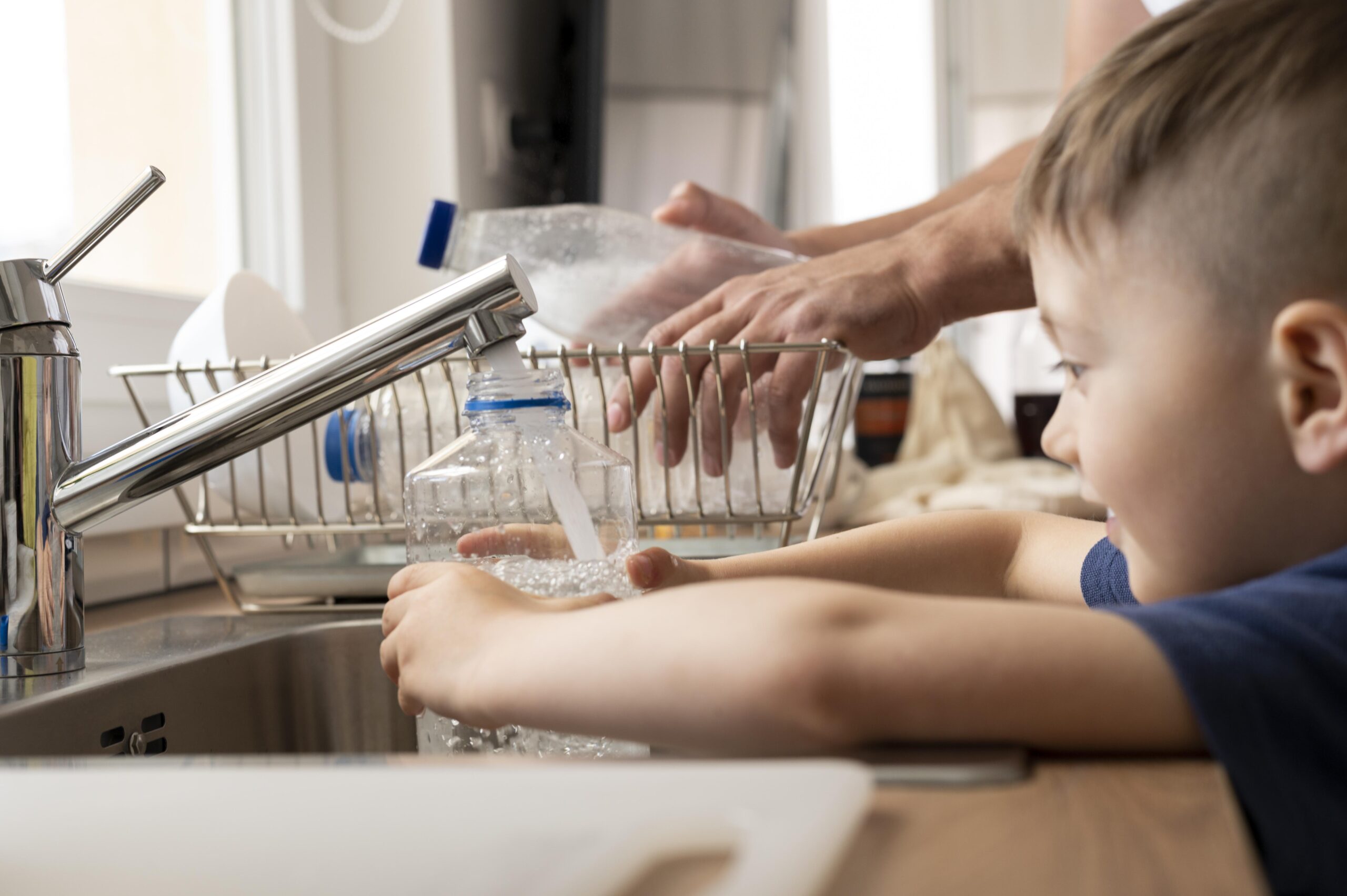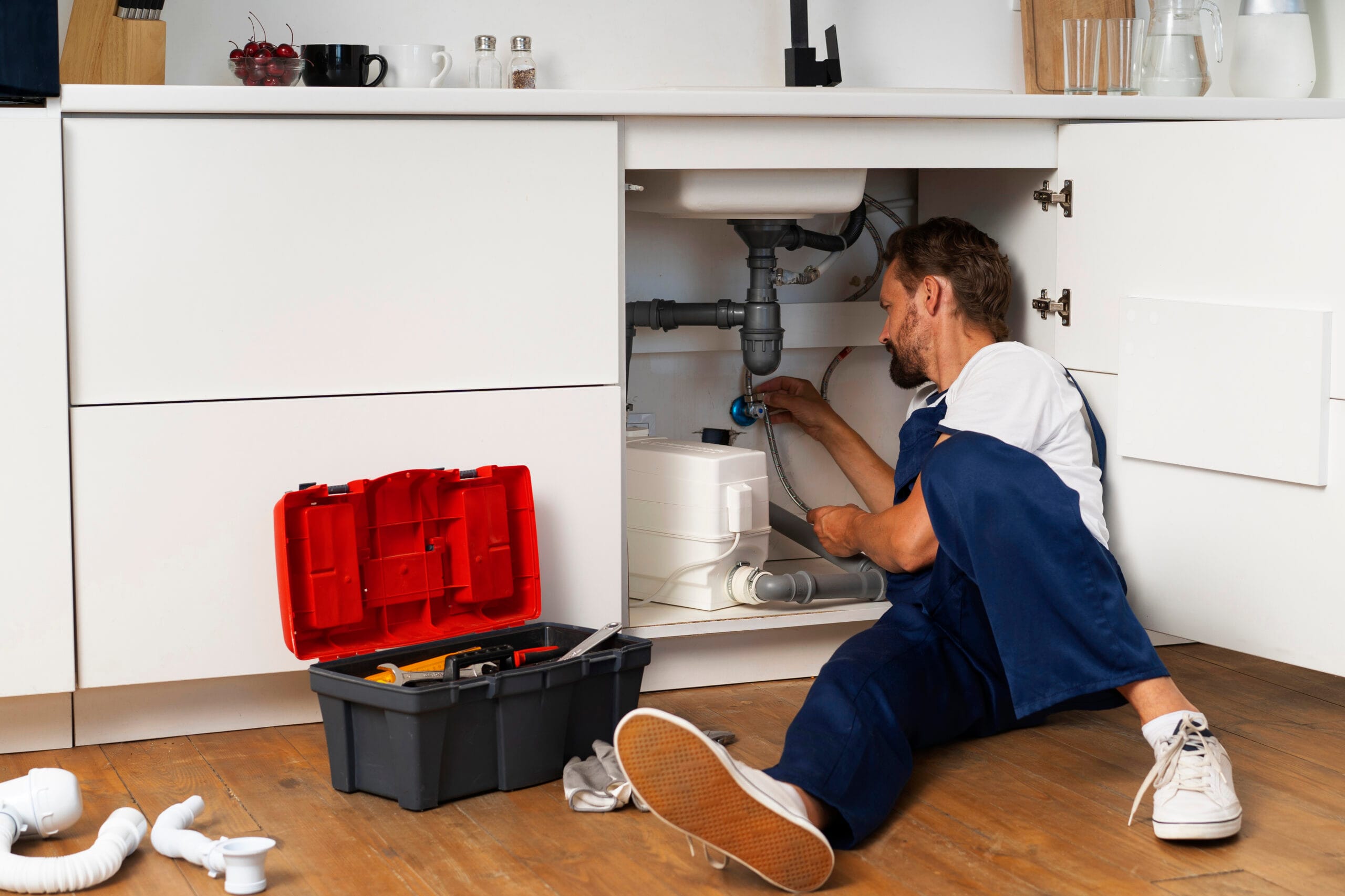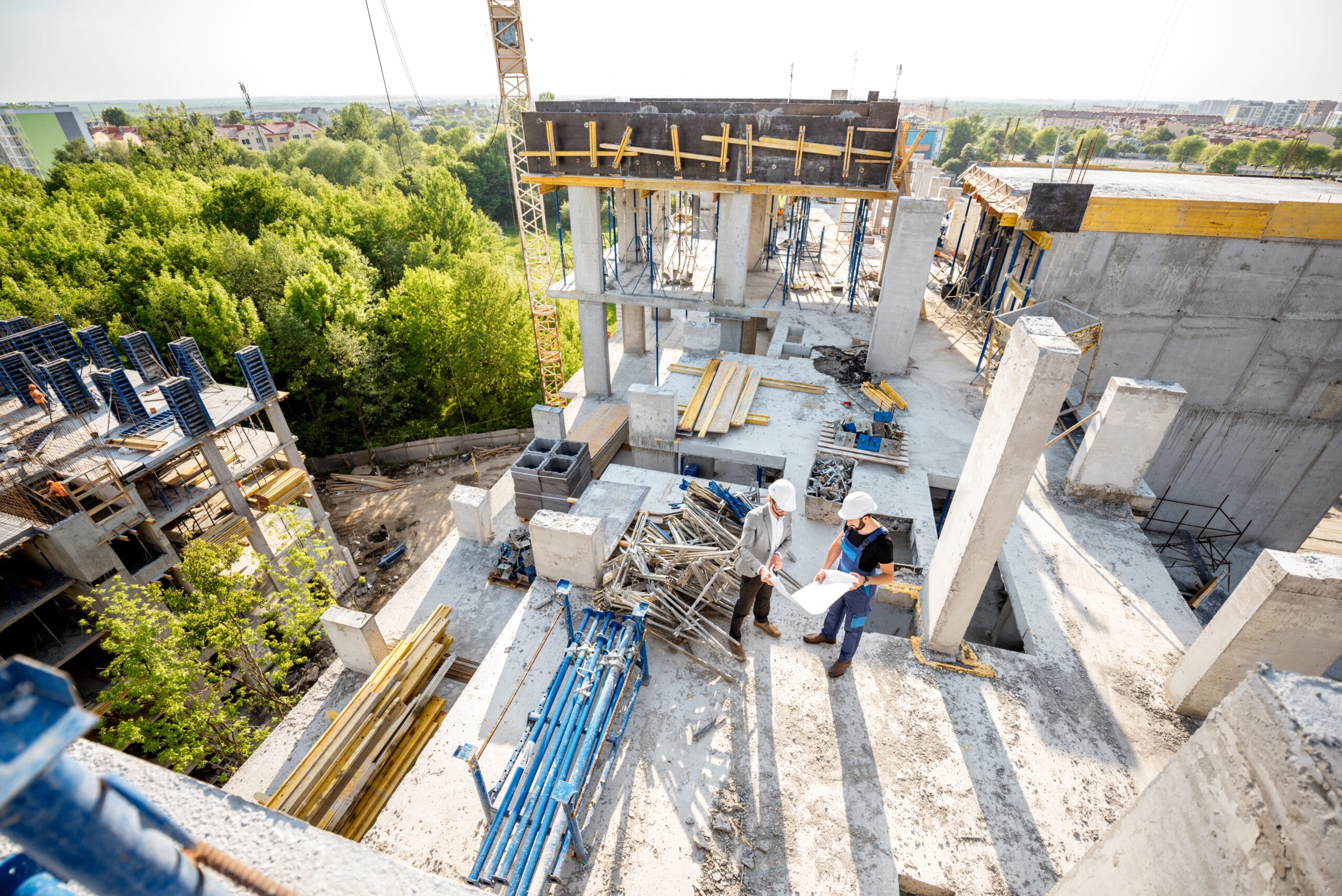A clean water supply is a top priority for households of all shapes and sizes. Dirty or contaminated water can produce various unwanted symptoms in the body, making living conditions vastly less comfortable. In addition to health concerns, foul odors can make your home difficult to live in. Luckily, water filter talk is not all doom and gloom. We’ll discuss several compelling benefits that make water filtration a fantastic upgrade for your quality of life.
A common solution to water problems is to install a whole-house water filtration system that filters out all the contaminants known to the area. While most water filters target a specific faucet or water route, a whole-house system filters the water as it arrives from an external well or municipal infrastructure.
This guide will cover everything you need to know to choose the right water filtration solution for your home. You can easily decide which filtration system will work best in your house by analyzing a few key factors, such as filtration functions and ease of maintenance.
Filtration Capabilities
A high-quality product will come from a proud company willing to boast about what it offers. Choose a filtration system whose manufacturer clearly defines the types of contaminants removed by the filter. Many modern solutions provide multistage filtration systems to remove foreign substances from your supply.
You will need to intimately understand the land and environment surrounding your home. Specific filters are available for specific needs, such as sediment, carbon, and UV, to name a few of the most common contaminants. Removing the traces of chlorine from your drink can also greatly improve its taste. Once you know what to exclude from your water, picking the appropriate system becomes simple.
Flow Rate and Capacity
After you install a water system, the flow rate in your home is likely to decrease due to the filtering process that now occurs. This can cause problems with running hot water for showers, among other challenges. Research how your flow rate will be impacted by a filter before purchasing it to ensure you can keep the hydration pumping to each room. You may also wish to assess your household’s typical water usage for a few weeks leading up to the purchase. That way, you will know how much your family needs on any given day.
A water filter’s capacity determines how often you will have to swap it for replacement. A used filter defeats the purpose of decontaminating your water, so fresh restocks are mandatory. However, choosing a filtration system that is compatible with long-lasting filters will make maintenance far more manageable.
Maintenance and Lifespan
Although filter capacity is vital, the ease with which you can swap out new filters is just as important. The bigger the hassle you must go through, the longer you will go without switching, and the dirtier your water supply will become in the meantime.
Other maintenance duties will largely depend on whether you have a single or multistage filtration system. A more complex system has a more involved cleaning process to go with it. Durability is another key factor to consider since wear and tear are bound to accrue over the years as you conduct maintenance and make additional filter swaps.
Certifications and Standards
Due to the importance of water quality, authorities have emerged to issue industry standards designed to promote safety in households that adopt water filtration systems of this type. Organizations such as the National Sanitation Foundation (NSF) and the American National Standards Institute (ANSI) provide certifications for products that meet the established standards for safety and reliability in this sector.
Companies that do not meet these standards are marked as noncompliant and quickly lose sway in the marketplace. To ensure that compliance standards are upheld fairly, the certifying organizations favor the use of independent third-party testing when evaluating filtration solutions.
Installation and Integration
You can install a majority of water filtration systems yourself if you have the necessary knowledge and skill set. However, some multistage units tack on layers of complexity that call for an expert touch. When in doubt, it is always best to hire a professional when it comes to the water and plumbing within your home. Someone with years of experience can easily see how your new system will fit into your existing plumbing infrastructure. Their recommendations on spacing and where to place your filter for maximum efficiency are also a terrific value.
Finally, any mistakes you make by installing a filter yourself may prove more costly than hiring a pro to begin with — not to mention all the time you will save by having it done correctly the first time.
Conclusion
Water softener filtration systems offer you an excellent way to bolster the health and quality of life in your household. Since your decision will ultimately have a big impact on your home, you need to spend enough time doing research to ensure that your choice is a good one. Your home and environment have specialized considerations that must be evaluated by someone who knows the situation well.
With all that said, taking some time to choose the best water filter for your home is well worth it due to all the amazing benefits that lie in store. Upgrade to clean, soft water throughout your home. Discover the benefits of whole-house water filtration systems today!














